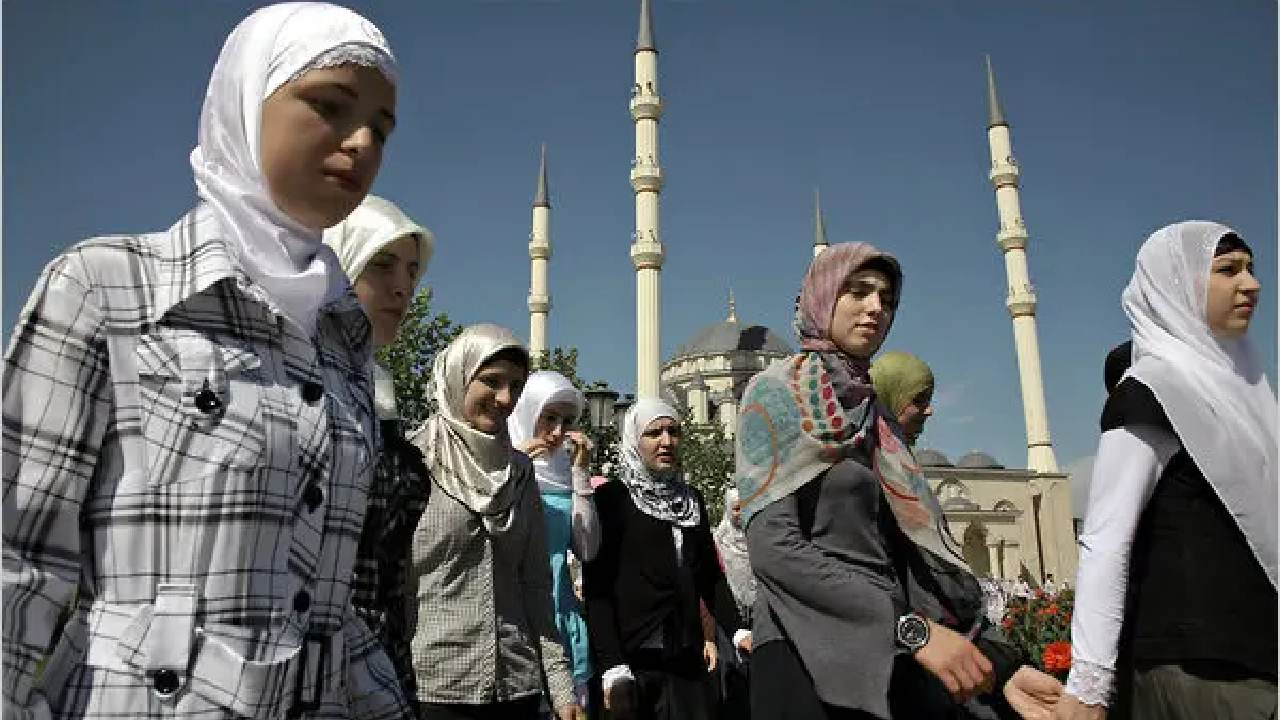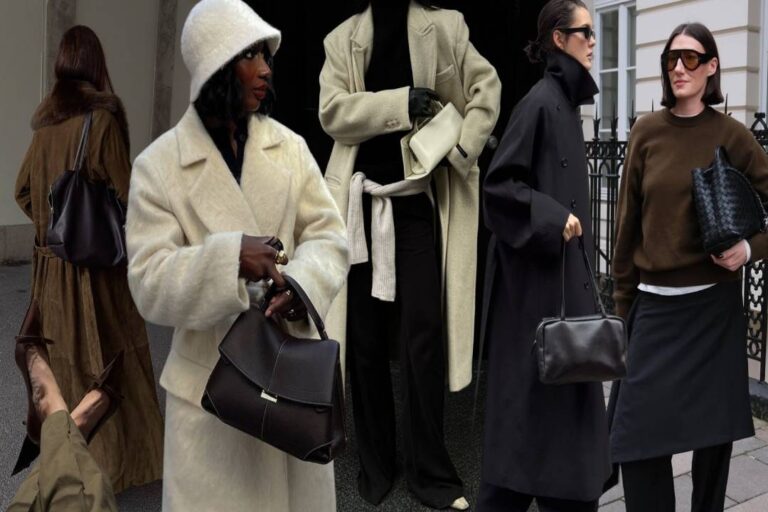
BeautyRival – Chechnya shocked many when it banned any clothing for women that includes “masculine elements.” The rule specifically targets gazyrs, a historic accessory once used to store gunpowder. The Culture Ministry claims these items violate “traditional customs,” yet many residents believe the rule limits women’s choices. The ban arrived only weeks after a Chechen official urged women to wear headscarves and warned that those who refused would face “explanatory talks.” These statements created fear, especially among young women who already feel watched for the way they dress. Fashion, which often represents freedom and personality, suddenly became a symbol of control. The shift shows how quickly personal expression can turn into a political issue when leaders use culture as a justification for limiting everyday decisions.
Experts Warn the Ban Fits a Worrying Global Pattern
Several legal experts reacted quickly because the rule echoes past restrictions in other countries. Stanford law professor Richard Thompson Ford said Chechnya’s policy is “appalling but not rare.” He compared it to Iran, where religious police enforce strict dress codes. Ford argues that leaders often claim these rules protect culture or morality, even though they mainly limit women. When women must follow compulsory clothing rules, the state gains power over their bodies and their presence in public spaces. This dynamic has appeared in many societies throughout history, and it rarely ends with clothing alone. Ford warns that Chechnya’s move reveals a deeper attempt to reassert control at a time when many women challenge old norms.
“Read More : Claw Clips Are Here to Stay: How Emi Jay Built a Modern Hair Icon”
Fashion as a Form of Speech and Control
Fashion law expert Susan Scafidi views clothing as more than a personal choice. She calls it a form of communication similar to language. When a government restricts fashion, she says, it also restricts identity. She compares the policy to placing a blanket over a birdcage, muting the life inside. To her, defining certain details as “masculine” is a political act that reinforces authority and outdated gender roles. Scafidi notes that many nations use dress codes to push a cultural agenda, whether through anti-drag laws in the U.S. or burkini bans in France. Chechnya’s move sits on the same spectrum. Each rule sends a message: limit how people dress, and you limit how they speak, move, and define themselves.
Dress Codes as a Gateway to Political Influence
Scafidi also warns that even minor dress-code debates can shift a society toward tighter control. She points to Donald Trump’s criticism of President Volodymyr Zelenskyy’s clothing and the U.S. Department of Transportation’s suggestion that travelers should “dress with respect.” While far milder than Chechnya’s policy, these comments reveal how powerful figures use clothing to define what behavior is acceptable. Once that pattern becomes normal, stricter rules can follow. Scafidi says the right to dress freely deserves the same protection as other forms of expression. She believes many people underestimate how deeply fashion influences confidence, autonomy, and dignity. For her, defending fashion freedom also means defending personal agency.
“Read More : The Rise of Secondhand Luxury: Inside eBay’s 2025 Watchlist Trends”
A Deeper Fear Behind Chechnya’s Decision
Drexel University professor Joseph Hancock believes Chechnya’s rule reflects an anxiety about changing gender norms. When women adopt styles linked to masculinity or when men explore softer styles, traditional power structures feel threatened. Clothes become a quiet challenge to old expectations. Hancock argues that Chechnya’s ban fits Russia’s wider pattern of discrimination toward gender expression. It reinforces fear around any behavior that blurs rigid gender lines. He also says the policy strengthens a culture of judgment, where people must constantly watch how they appear. For many women, this creates daily stress that goes beyond clothing. It affects how they walk, who they meet, and how they participate in public life.
Freedom of Dress Faces Losses but Also Gains
Despite the troubling news from Chechnya, some regions offer hope. Hancock highlights the recent passage of the CROWN Act in Pennsylvania, which bans discrimination based on hair. He believes this shows how communities can push back against appearance-based control and win. Still, he urges people to stay alert. Policies like Chechnya’s often start small and grow quickly. Defending freedom of dress early helps protect broader freedoms linked to identity and dignity. Hancock calls on the public to celebrate each victory, no matter how small, because these wins remind society that clothing is not just material. It is a reflection of personal worth and a reminder that everyone deserves the right to express who they are.


